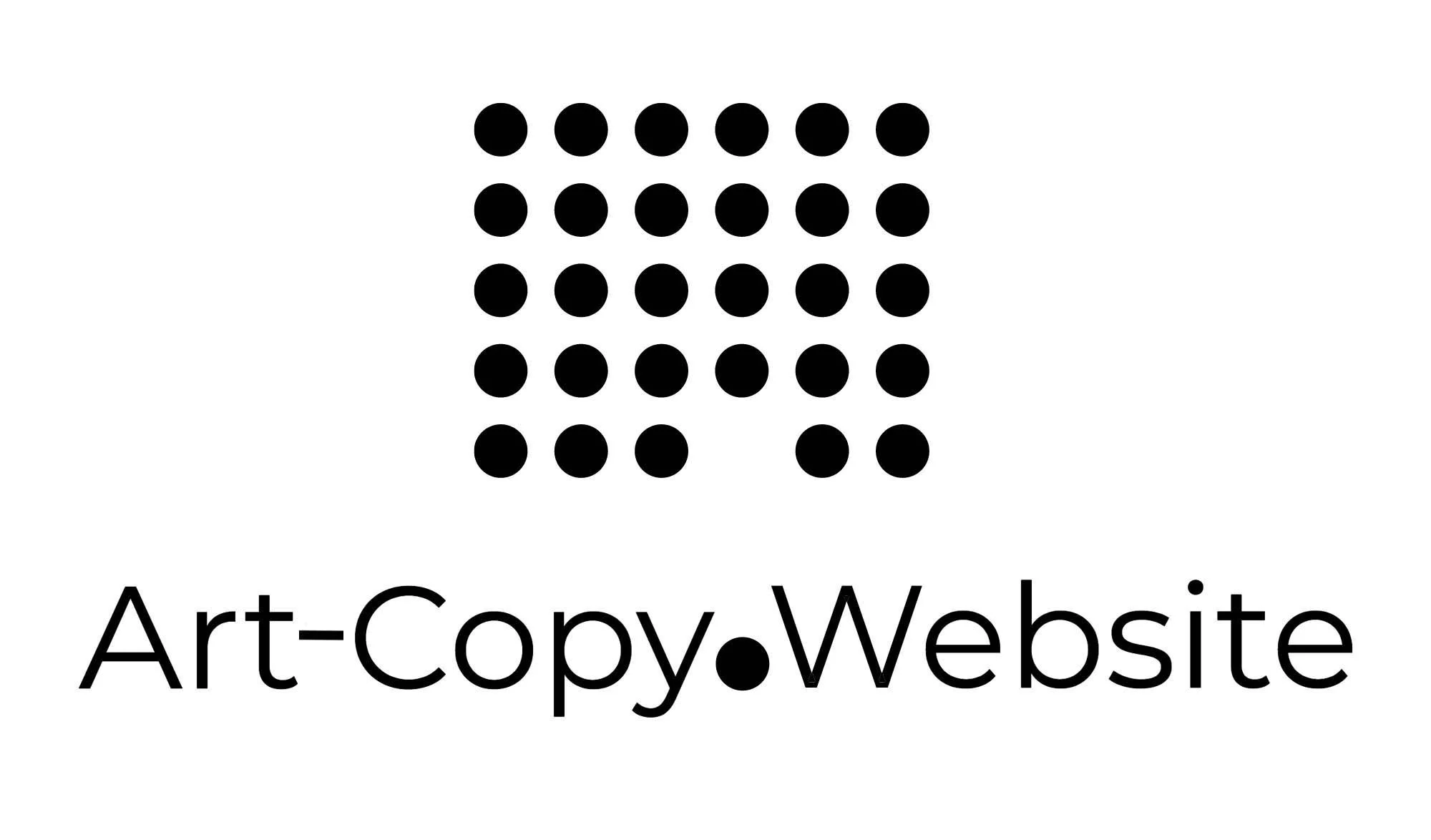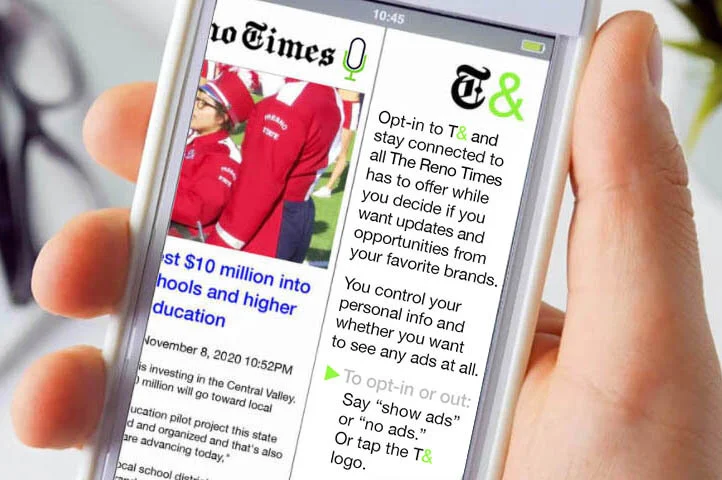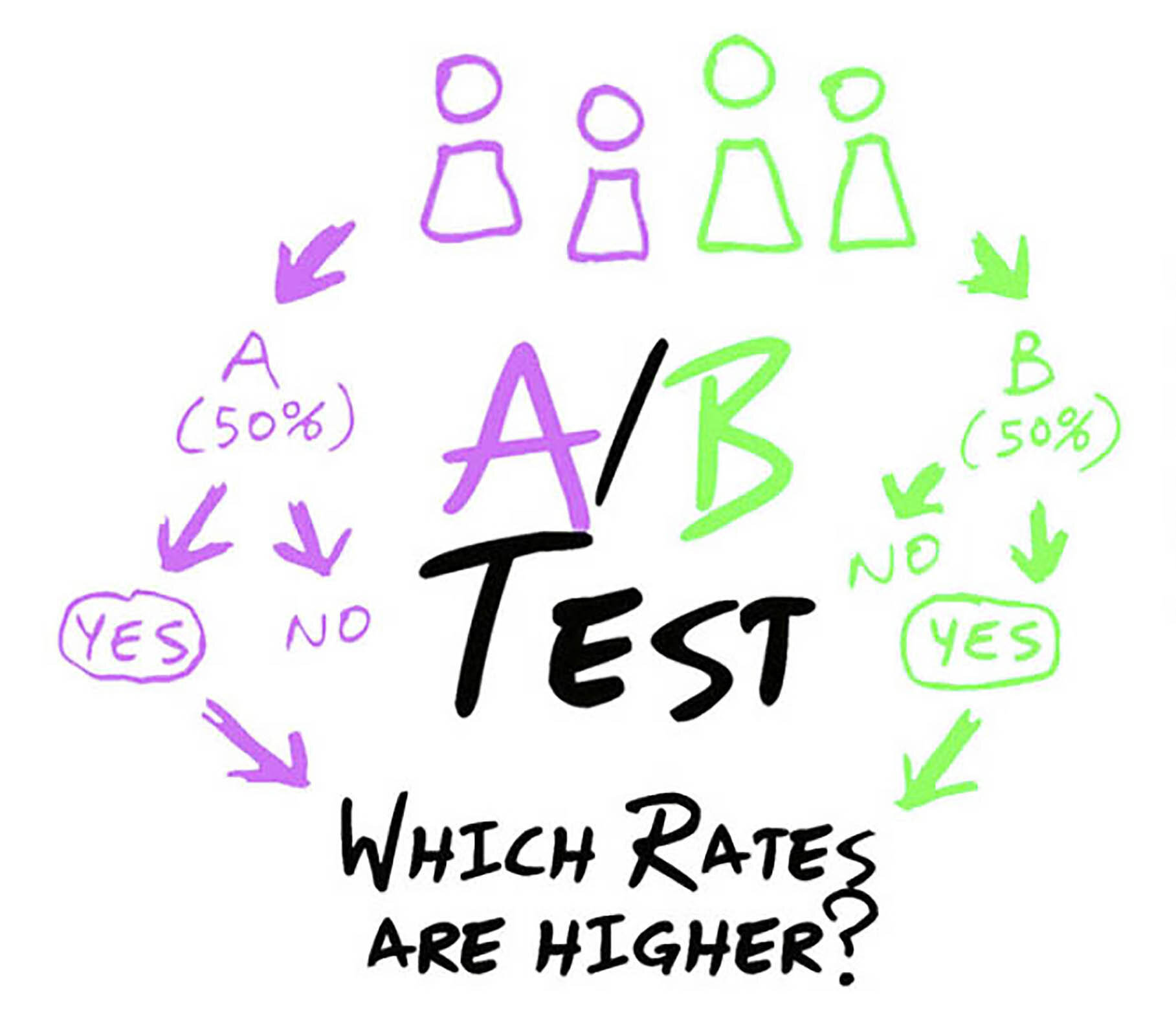It’s time to disrupt the disruptors.
[A] report by Adobe and PageFair estimates that the rise of ad blocking technology could cost advertisers a total of more than $40 billion by next year. (Wordstream 2/26/2020)
In ad-tech news, you’ll be aware the ad industry is falling over itself trying to find alternatives to targeting people online in a user-privacy-centric way, while the third-party cookie slowly fades into the ether. (ADWEEK Digital 11/3/2020)
"And it's all advertisers' fault," said Joanna Coles, the former chief content officer of Hearst Magazines. "People hate advertising." And Marc Pritchard, the chief brand officer at Procter & Gamble, one of the largest advertisers in the world, agreed, "Ads are often irrelevant and sometimes just silly, ridiculous or stupid." (The New York Times 10/28/19)
A sea change of momentous proportions is long overdue.
In 2018, Interpublic Group paid more than $2 billion to acquire Acxiom, a marketing company that collects and distributes its database of 1,500 data points for each of an estimated 2.2 billion users around the world, with detailed information on 96% of Americans. Little wonder that 88% of US adults believe it's important to know how their data is shared. (ADWEEK 1/6/20)
While platforms routinely breach user data, with privacy abuses by Facebook, for example, leading the charge for government regulation worldwide, users maintain the right to share their personal information with conscientious digital marketers, without government interference.
An Accenture Strategy study of 25,000 users in 33 countries proves the point: 88% of users find that personalizing their experience without compromising trust is appealing and relevant. (12/20/2017)
So, with the above in mind, we successfully prosecuted two software patents for Digi&, the Future of Digital Advertising. The inevitable future—the one that gives users total control of the display of advertising at the domain level, on all their digital devices.
According to National Institutes of Health “Belief in one’s ability to exert control over the environment and to produce desired results is essential for an individual’s well-being.”
You might think that nothing will sink a platform quicker than granting users that level of control. But that refers to advertising as we currently know it—in its present iteration, with its habit of running us down with trivets, even if we just bought one.
But Digi& is the disarming disruption that focuses on advertising that users can't wait to see: Permission-based messages that employ a user’s personally identifiable information (PII) to deliver the most targeted commercial messages imaginable for an unimaginable CPM. And users will appreciate ads that target new brands when they’re in the mood to know about something new.
It's always their choice: Ad-free content in exchange for their PII. If we blow it (with the occasional trivet), users can opt-out using their handy graphical user interface or voice user interface (GUI or VUI, respectfully) for total control of the display of advertising.
Since 2004, roughly one-fourth of American newspapers—more than 2,000—have been lost to mergers or shutdowns. (www.nytimes.com 3/23/2020)
Find out how Digi& can literally save local news. info@digiand.com
Users may enjoy their content ad-free. But with Digi&, they'll feel the urge to opt back in with the same patented VUI or GUI. Because only Digi& offers an elective, proprietary conjoin of brand preferences, personal incentives, rewards, gamification, and augmented reality, along with total privacy, without subscription fees.
In 2019, the total worldwide digital spend rose by 17.6% to $333 billion. Subtracting the revenue of the two behemoths—$104 billion for Google and Facebook at $70 billion, for a combined total of $174 billion—leaves $159 billion.
How much would go to Digi&, with its typical software licensing fee of 9.6%? A conservative 5% estimate of $159 billion is $7.95 billion, with virtually no overhead for a patent licensing business.
So, naturally, we're highly motivated to put together a group of publishers, advertisers, ad agencies, and venture capitalists to launch Digi&, and disrupt the failed disruptions that came before.
Of course, if participants prefer, we would conduct an A/B test. When so few startups succeed, recent strategic management research points to experimentation as the cogent entrepreneurial strategy.
A discreet smartphone test clones “A,” a participating publisher's content into “B,” the Digi& duplicate, to determine which click-through and conversion rates are higher: the baseline version or Digi&.
If Digi& nets more revenue for content providers and a higher ROI for their advertisers, these industries can compete against Facebook and Google, which lure clients away from traditional media companies.
Email info@digiand.com for the Digi& experience. Then ask yourself if you'd personally use it. One hundred percent of the hundreds of participating trial users agreed they would. (Why wouldn’t they?)
Digi& makes advertising as engaging as the content it supports.™
© 2020 Thin Man Productions, Inc.


![[A] report by Adobe and PageFair estimates that the rise of ad blocking technology could cost advertisers a total of more than $40 billion by next year. (Wordstream 2/26/2020)](https://images.squarespace-cdn.com/content/v1/5fdba5f5a63b646a0dcb697f/1608230429302-HBDBFSC4DBXV6AW87J6E/AD+Blocker+.jpg)




